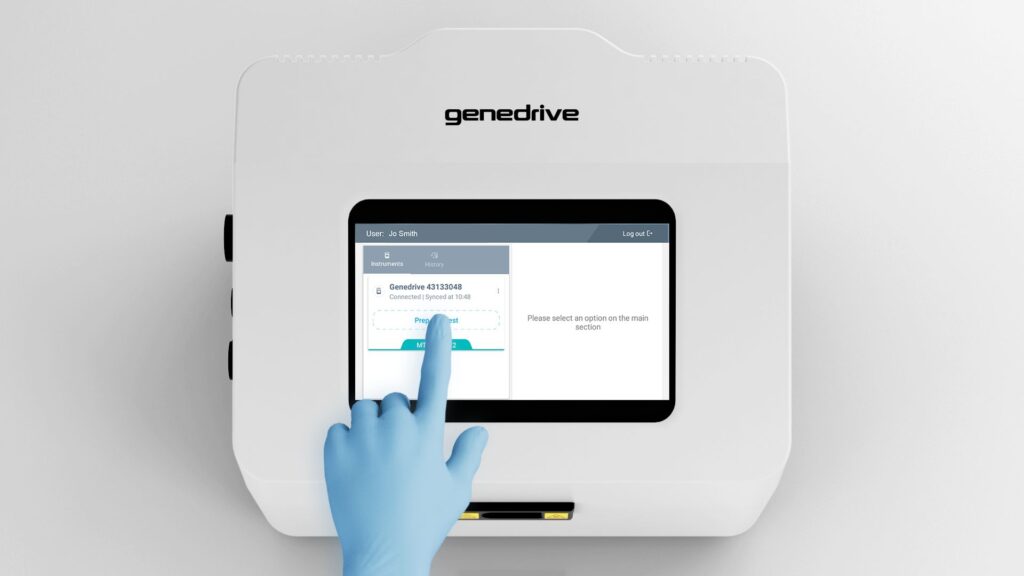
The Genedrive MT-RNR1 ID Kit has potential benefits in identifying babies at risk of hearing loss from aminoglycoside due to the MT-RNR1 m.1555A>G variant, allowing for alternative antibiotics to be used instead. However, managing the risk of early access is important, including ensuring timely antibiotics, avoiding unnecessary use of alternative antibiotics, and confirming positive results. The economic evidence suggests cost-effectiveness, but upfront costs may be high. Data should be generated in centers with babies from different ethnicities to promote equality.
Recent Posts
Novartis Drug Discovery Innovation: Advancing Global Health Through Strategic R&D
Novartis drug discovery innovation is transforming global health through the Biomedical Research group's shift from siloed efforts to an integrated, patient-centric model targeting high-burden diseases in low- and middle-income countries (LMICs). Under Manju Ujjini, Head of Lead Discovery, key mi...
Infarmed Regulatory Activity: January 2026 Highlights and Impacts on Market Access
Infarmed regulatory activity in January 2026 showcased robust performance by Portugal's National Authority for Medicines and Health Products, spanning marketing authorizations, clinical trials, public reimbursement, inspections, pharmacovigilance, and enforcement. The agency processed 45 renewals...
BIC LEN HIV Treatment: New Single-Tablet Regimen Shows Promising Results in ARTISTRY Trials
BIC/LEN HIV Treatment Maintains Suppression in Switch Studies
Phase 3 results from Gilead Sciences' ARTISTRY-1 and ARTISTRY-2 trials, presented at the 2026 Conference on Retroviruses and Opportunistic Infections (CROI) an...